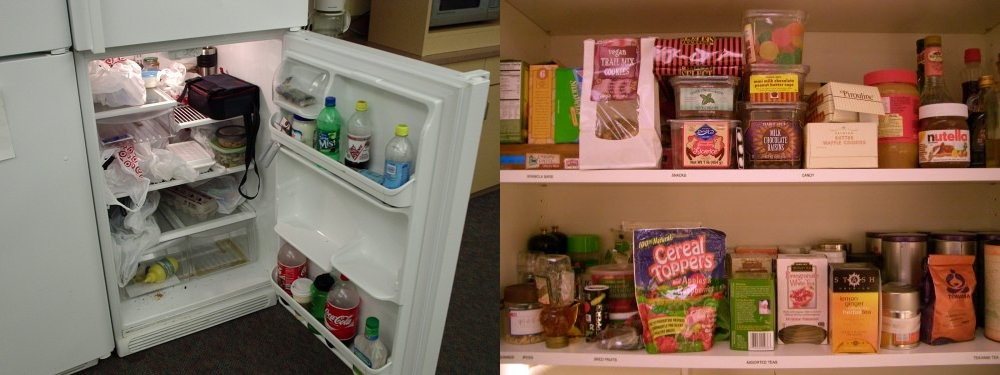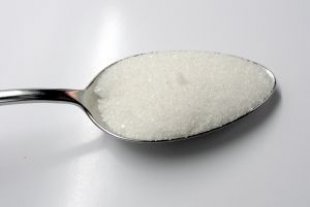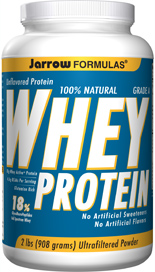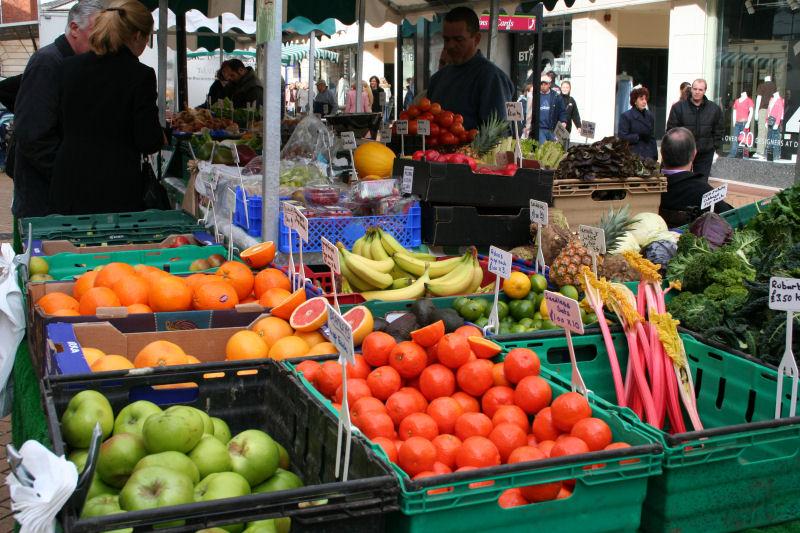Clean Up Your Kitchen!
Is your kitchen cupboard a repository of healthy foods or a nutritional vault-of-horrors? Chances are there are at least a few products in everyone’s kitchen that could easily be replaced with far healthier alternatives. So, what are those alternatives? Find out in this guide to cleaning up your kitchen, nutritionally.
A good place to start is by going through your cabinets and refrigerator. Throw out any expired or unusable foods. Try reorganizing the way you store food so that when you’re looking around for meal ideas, there is a logic to what-is-located-where. That way, you can quickly see what ingredients are available and which ones aren’t when planning meals.

Start by cleaning out and reorganizing your fridge and cupboards.
Throw out that old Mazola, Wesson or Crisco. Instead of cooking with these massmarket vegetable oils or shortenings, use healthy organic coconut oil anytime you need a healthy fat for frying, baking or any other purpose. It’s cholesterol-free and the most stable and versatile of cooking fats. Organic butter or extra virgin olive oil are OK in small amounts too. You can use liquid flax oil just like olive oil to make super-healthy salad dressing by combining it with an equal amount of balsamic vinegar and some finely chopped onion, a dash of salt and pepper. Since most edible oils spoil (oxidize) rapidly, and since oxidized oils are very harmful, stable oils like coconut are the best overall bet. Buy liquid flax oil in small bottles and use it up within a short time of opening.
Throw out that bag of sugar. There is really no longer any reason for a healthy eater to use sugar, now that xylitiol and erythritol are available. These completely-natural polyols, as they’re known, look and taste just like sugar and can be used any way you’d use regular sugar (except maybe caramelizing that creme brulee), but they metabolize so slowly that they have only a negligible impact on blood sugar levels. Use them in your coffee, tea or anywhere you’d use regular sugar. Stevia is a sweet-tasting, but not neutral-tasting herb extract that can be used to sweeten some foods and drinks without adding calories.

Is that sugar or xylitol? They look and taste nearly identical, but all-natural xylitol has none of sugar's drawbacks.
Instead of sugary drinks or the nearly-juiceless massmarket “juices”, you can use iced green tea (sweetened with xylitol) for the grownups while kids will probably get a kick out of one of the effervescent vitamin C drink mixes. These drink mixes supply vitamin C and other nutrients in a great-tasting very low sugar format and are sold in boxes of single-serving packets.
When baking just about any recipe, besides using coconut oil instead of regular shortening, you can also sneak a substantial amount of high-quality protein into the finished product by adding some unflavored and tasteless whey protein powder
Finally, one of the best ways to create a healthier kitchen is to change where you shop. Mainstream supermarkets may be good for basic food items and nonfood supply items, but, as any healthy eater will tell you, they are nutritional minefields. Mass-market foods are usually full of empty calories, added sugars and unhealthy fats while lacking in fiber and other nutrients. It’s not impossible to fill your cart with healthy items at a mainstream supermarket, but since stores aren’t oriented toward healthy natural foods or a healthy lifestyle, the healthiest choices are too few and too limited. You’re always looking for the one or two relatively healthy versions of whatever it is you need. They may be good for things like cleaning supplies, paper towels and other nonfood sundries, in fact they are often a better place to buy such things than health food stores, but in terms of healthy foods, that’s not what they’re about.
Instead, find out where the health food and natural food markets are in your area. When shopping in such a store, you don’t have to be as vigilant about reading labels, every food item in a natural foods store is a “healthy” version of that item, or at least healthier than a supermarket version. These stores are oriented towards healthier eating so you’ll have many more choices and menus to work with. You can’t go wrong here. They’ll usually have organic dairy and meat cases as well as healthy prepared foods. Organic fruits and vegetables are easy to find in canned, fresh and frozen versions. In fact, natural foods stores usually have everything a supermarket has in terms of whole foods, but in healthier forms. For fresh produce and (often) meats and seafoods as well, you’ll want to find out where and when your local farmers’ markets or co-ops take place.
- Posted in Miscellaneous
- No Comments






